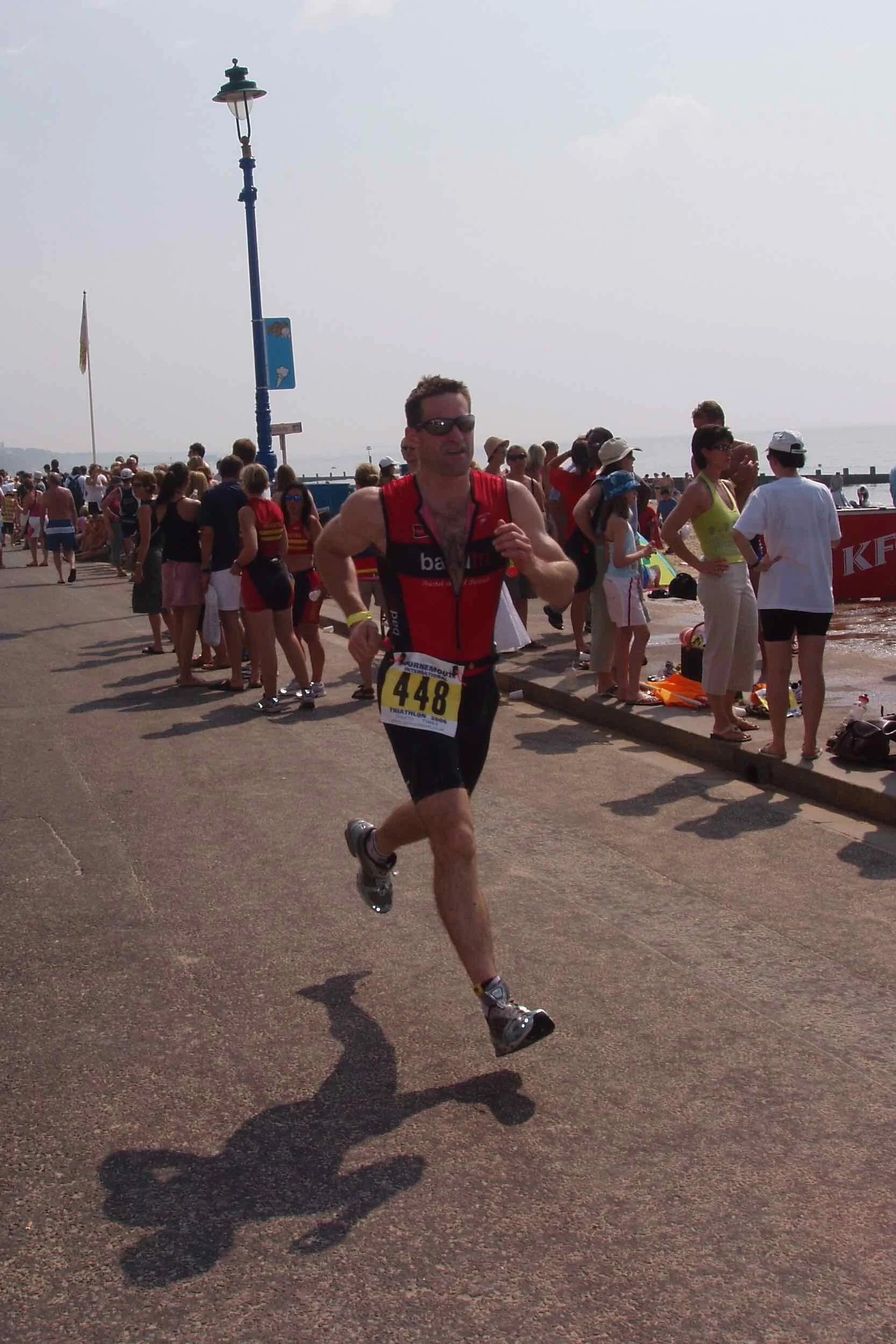As an experienced Bristol osteopath, most patients know me as the face behind Alex Prince Osteopathy, but I’m also an experienced athlete, and have decided to give you some free advice on how to avoid running injuries during the remainder of 2020.
Running is a great way to keep fit for many and I’ve been treating running injuries with my active, sporting (and some less so) patients for many years.
Done sensibly, running in Bristol and around is rewarding, enjoyable and safe. I’ve run competitively in the past at varying distances, from 110m hurdles right up to ultra-distance marathons.
Certain pitfalls, however, can lead to injury and frustration, so here’s my top tips on how to avoid running injuries while we have good weather across the city and surrounding areas.
Train Smart
As an experienced runner and sports injury therapist, I recommend that you periodise your training and start gently. Big jumps in training intensity, time or distance can put an adverse strain on the body, potentially leading to injury.
If you’re returning from an injury, had a long break from running, or just starting out, try a 20-minute walk or jog to start instead of launching straight into running. You can steadily build from this.
Good Running Shoes
It’s worth going to a reputable running shop and getting expert advice, including gait analysis, to ensure you get the best possible running shoes. My recommendations are:
Technology in running shoes has advanced hugely in the last few years, and it’s critical to get running shoes to match your running style and deliver support in the right areas for you. Running shoes wear, and the soles denature. I recommend changing shoes every 500 miles, or 24 months.
Warm Up Gently
I’m not an advocate of loads of stretching prior to a run: I believe this is best done afterwards, when the muscles are warm and supple.
However, if you have a specific tight area you can gently stretch this after a few minutes into a run once you’ve warmed up a little.
Mix Up Training
I try, when posssible, to run off-road, as it provides less impact on the joints. Steady running promotes consistency when on runs, however, mixing pace, hilly runs and interval work will enhance your strength, speed and fitness.
Warm Down
I always warm down and stretch after a run. When muscles are warm, this is the best time to do some long, gentle stretched on your main muscles groups. Finish your runner with a gentle slow jog and then stretch for at least 45 seconds on each muscle group and repeat if necessary.
Hydration & Nutrition
Joints and muscles only work well if they’ve got the right fuel, and are well hydrated. Hydrate well, every time, before and after a run.
On a long run of 45 minutes or more, hydrating during the run is recommended. Rehydrating and refuelling after a run is critical for recovery. Adding electrolyte to water is important if doing long runs or running in hot weather.
Core Strength & Flexibility
Flexibility and stability are key elements for good muscular-skeletal health. Stretching combined with some yoga and/or pilates is a great way to achieve this. Without these gentle forms of body conditioning and stretching, excess strain on the body can lead to injury.
Don’t Over Train!
3 to 4 runs a week is plenty. Over training and lack of recovery always leads to injury. I maintain that the most important part of any regular training program is recovery and rest. Put your feet up - you deserve the rest!
To Summarise:
Train smart, eat and drink well, stabilise, stretch, REST – and ENJOY it!
I have a number of osteopathic services available to patients in Bristol, and there are specific groups that I assist, including sporty types, desk-based office workers and the elderly – please visit here to find out more.
To find out more about the full range of osteopathic treatments that I provide across Westbury Park, Henleaze, Redland, Clifton, Cotham and BS6 in general, please visit here.
To book your next treatment at my Bristol osteopathy clinic, please visit here.

